10 LGBT+ campaigners from across the Commonwealth share why they're pushing Theresa May to drive change
'CHOGM offers the opportunity to repair the injustices of the past towards a common future, by creating an enabled environment and investing in pathways that help achieve harmony and growth in countries everywhere'
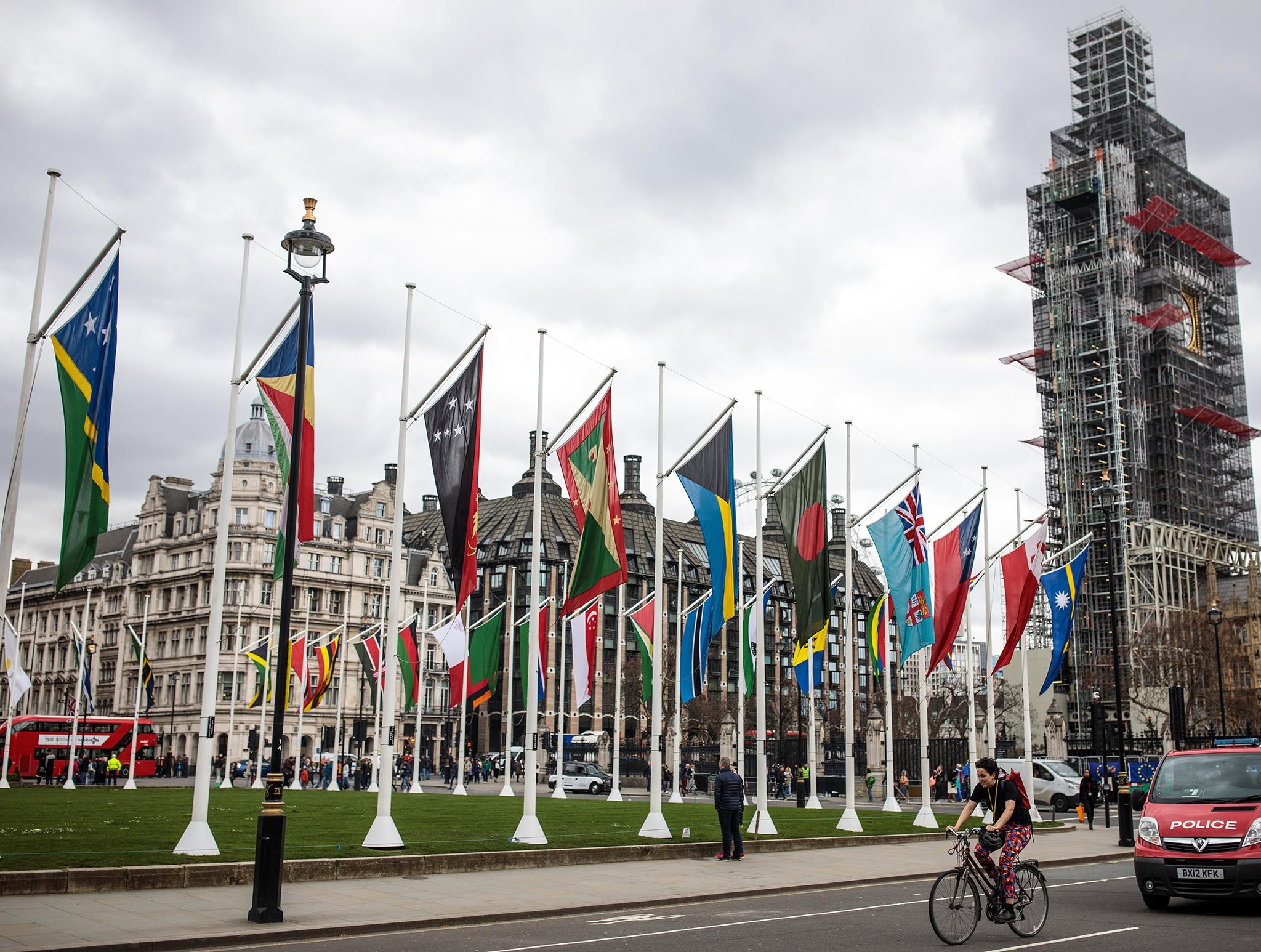
Your support helps us to tell the story
From reproductive rights to climate change to Big Tech, The Independent is on the ground when the story is developing. Whether it's investigating the financials of Elon Musk's pro-Trump PAC or producing our latest documentary, 'The A Word', which shines a light on the American women fighting for reproductive rights, we know how important it is to parse out the facts from the messaging.
At such a critical moment in US history, we need reporters on the ground. Your donation allows us to keep sending journalists to speak to both sides of the story.
The Independent is trusted by Americans across the entire political spectrum. And unlike many other quality news outlets, we choose not to lock Americans out of our reporting and analysis with paywalls. We believe quality journalism should be available to everyone, paid for by those who can afford it.
Your support makes all the difference.Yesterday Theresa May urged leaders of Commonwealth countries to overhaul their "outdated" anti-gay laws and practices. She told delegates attending the Commonwealth heads of government meeting (CHOGM) that the UK “deeply regrets” its role in the legacy of violence and discrimination. More than 90 per cent of the Commonwealth’s citizens across 36 countries live in jurisdictions that criminalise LGBT+ people, and with this year's CHOGM taking place in London, the spotlight is on May to do more than make empty statements.
CHOGM provides an excellent opportunity for campaigners to put their case forward and drive home the real effects that anti-gay legislation is having on LGBT+ people across the Commonwealth. Here are some of the most prominent figures sharing their experience of LGBT+ rights in ten countries including Britain, and why now is the time to lean on the Commonwealth – and the prime minister – to drive real change.
Paul Dillane, UK
Executive director of The Kaleidoscope Trust, secretariat of The Commonwealth Equality Network (TCEN) and advocate for international LGBT+ rights
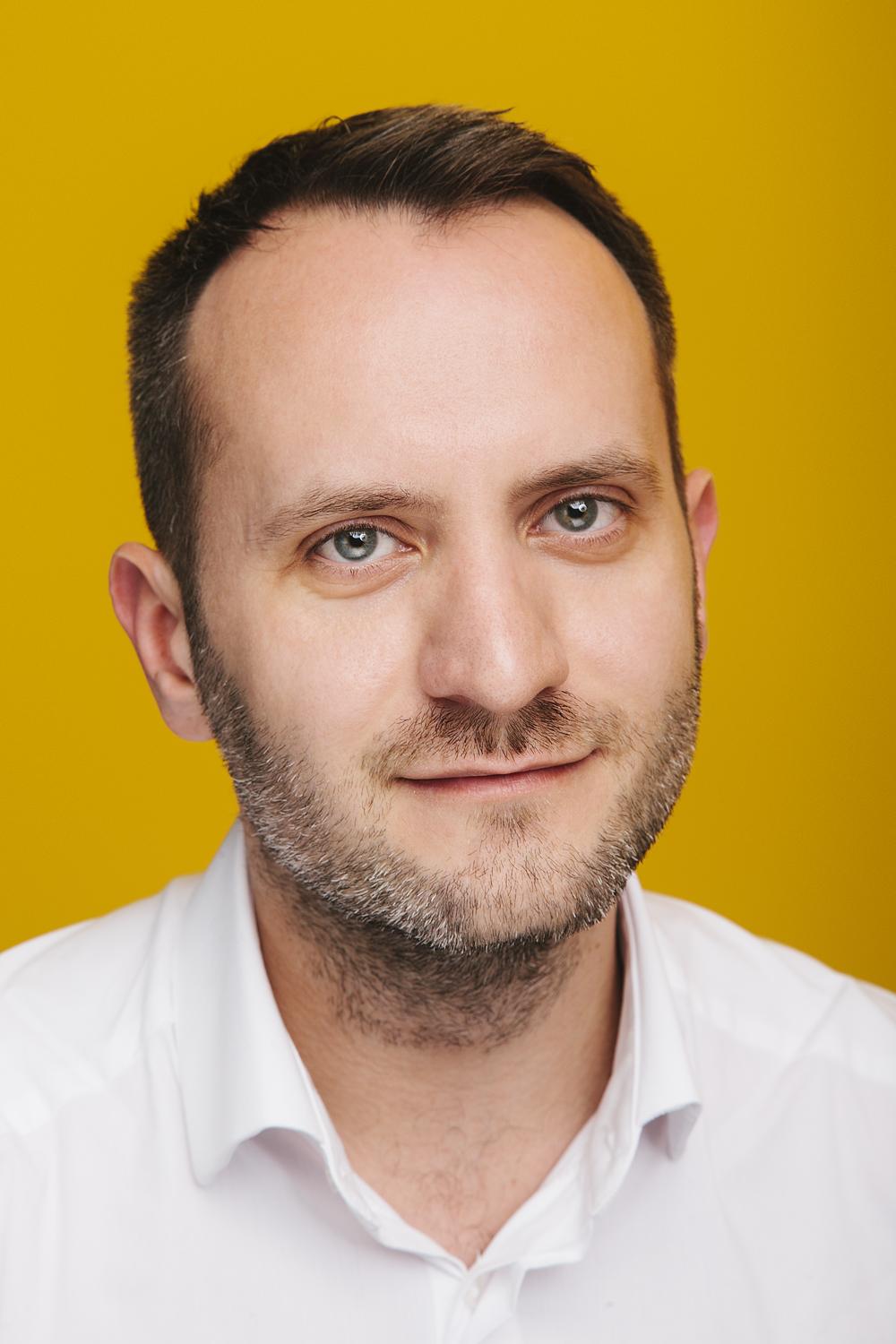
There is a solid cross-party consensus in support of LGBT+ rights in the UK. Such broad support is rare in an international context, and is undoubtedly precious, but LGBT+ people still face significant challenges in Britain. For example, more than a third of trans people experienced a hate crime. We must make it easier for trans people to self-identify, and ensure that LGBT+ asylum seekers and refugees are genuinely protected.
As a founding member and secretariat of the Commonwealth Equality Network (TCEN), Kaleidoscope Trust has worked in recent years to support LGBT+ activists from across the Commonwealth to collectively champion equality and inclusion for LGBT+ people. This year we are proud to host the largest contingent of LGBT+ activists ever to participate in CHOGM. As a strong believer in joint advocacy, I hope to work with LGBT+ activists throughout the Commonwealth to create platforms where their voices and demands can be heard. While there has been progress in the fight for global LGBT+ equality in recent years, including in Belize, Seychelles and Trinidad and Tobago, life is still extremely dangerous for LGBT+ people across the world. I look forward to working with Commonwealth LGBT+ activists to secure a future where all LGBT people can live their lives free from discrimination and persecution.
Mmapaseka Steve Letsike, South Africa
Executive director of Access Chapter 2 in South Africa, co-chairperson of The Commonwealth Equality Network (TCEN), co-chairperson of South African National AIDS Council and chairperson of the National Task Team on Hate Crimes on the Basis of Sexual Orientation and Gender Identity and Expression
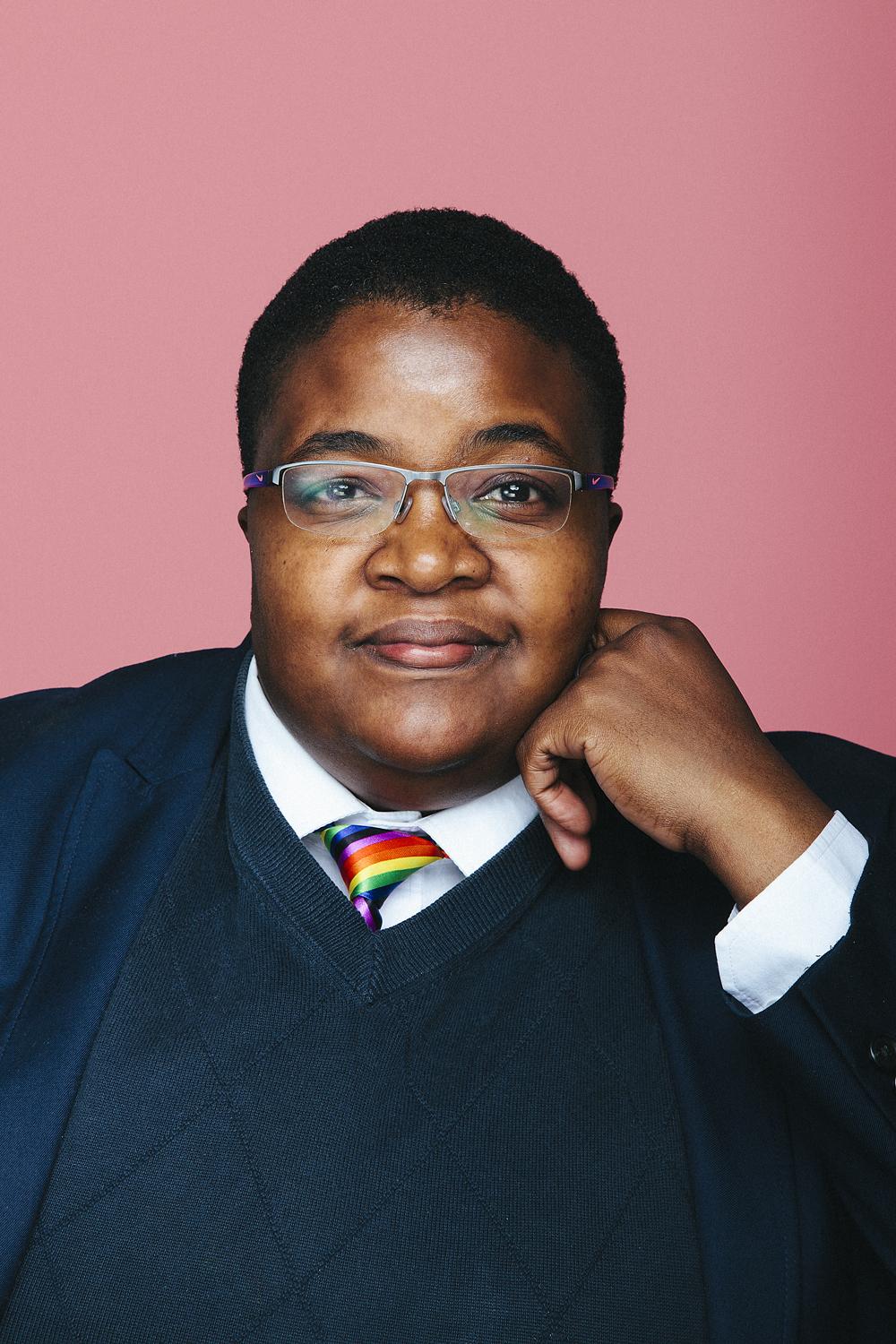
South Africa has one of the best constitutional laws in the world which seeks to protect the rights of all people in their diversity. There many policies in the country that seek to ensure that LGBT+ people are protected and enjoy equal rights as enshrined in the Constitution.
But in reality South Africa has high levels of discrimination, exclusion and hate crime attacks, which impact on the daily lives of LGBT+ people.
South Africa joins the global call of leaving no one behind, and this must be realised across the spectrum of an individual’s daily life socially, economically and politically. It is necessary to safeguard people’s dignity and integrity; it is the obligation of the states across the world and within the Commonwealth to improve the lives of its citizens including the lives of LGBT+ people.
CHOGM 2018 offers the opportunity to repair the injustices of the past towards a common future, by creating an enabled environment and investing in pathways that help achieve harmony and growth in countries everywhere. LGBT+ people’s lives matter, and we hope we foster and strengthen the gains up to date.
Rosanna Flamer-Caldera, Sri Lanka
Executive director of Equal Ground in Sri Lanka and chairperson of The Commonwealth Equality Network (TCEN)
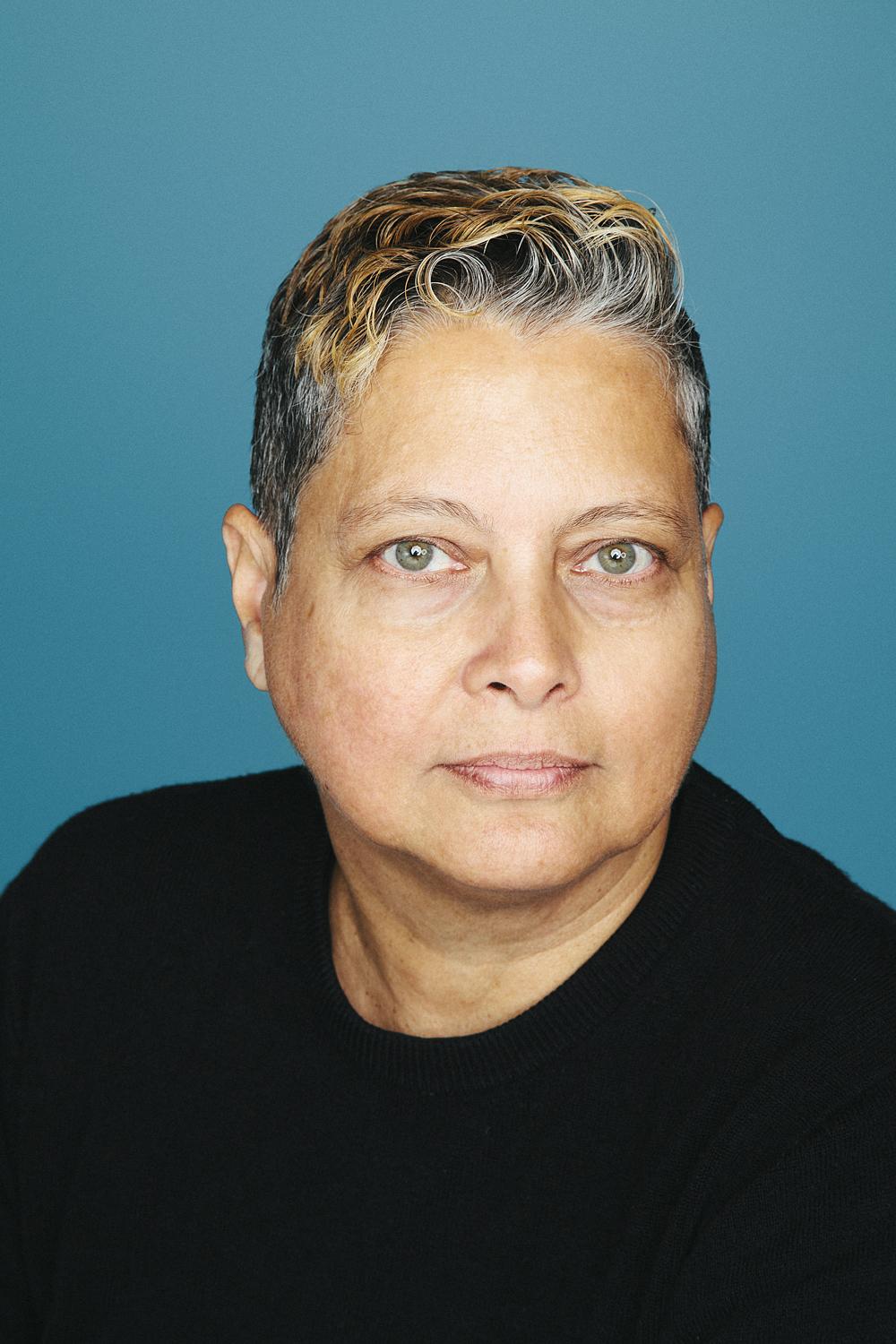
Sri Lanka is one of several countries that criminalise both male and female same sex sexual relationships between consenting adults. While the government maintains that this is a benign law that is not applied, its very existence means it gives law enforcement and others the room to discriminate and violate the LGBT+ community with impunity.
In all spheres of social, cultural, economic and political life, LGBT+ persons are constantly and consistently violated and discriminated against, preventing them from enjoying their fundamental rights, and from leading productive lives free from fear and violence.
We are here at CHOGM 2018 to lobby the Commonwealth to come to an agreement whereby countries that still criminalise homosexuality are urged to take action to reverse colonial sodomy laws in their countries, thereby staying true to the Commonwealth Charter they are all signatory to.
Sri Lanka enjoys a very close relationship with the UK and we hope that this will mean that dialogue is opened between the two countries to end discrimination and decriminalisation.
Donnya Piggott, Barbados
LGBT+ activist from Barbados, founder of Barbados Gays and Lesbians Against Discrimination (B-GLAD) and member of The Commonwealth Equality Network (TCEN)
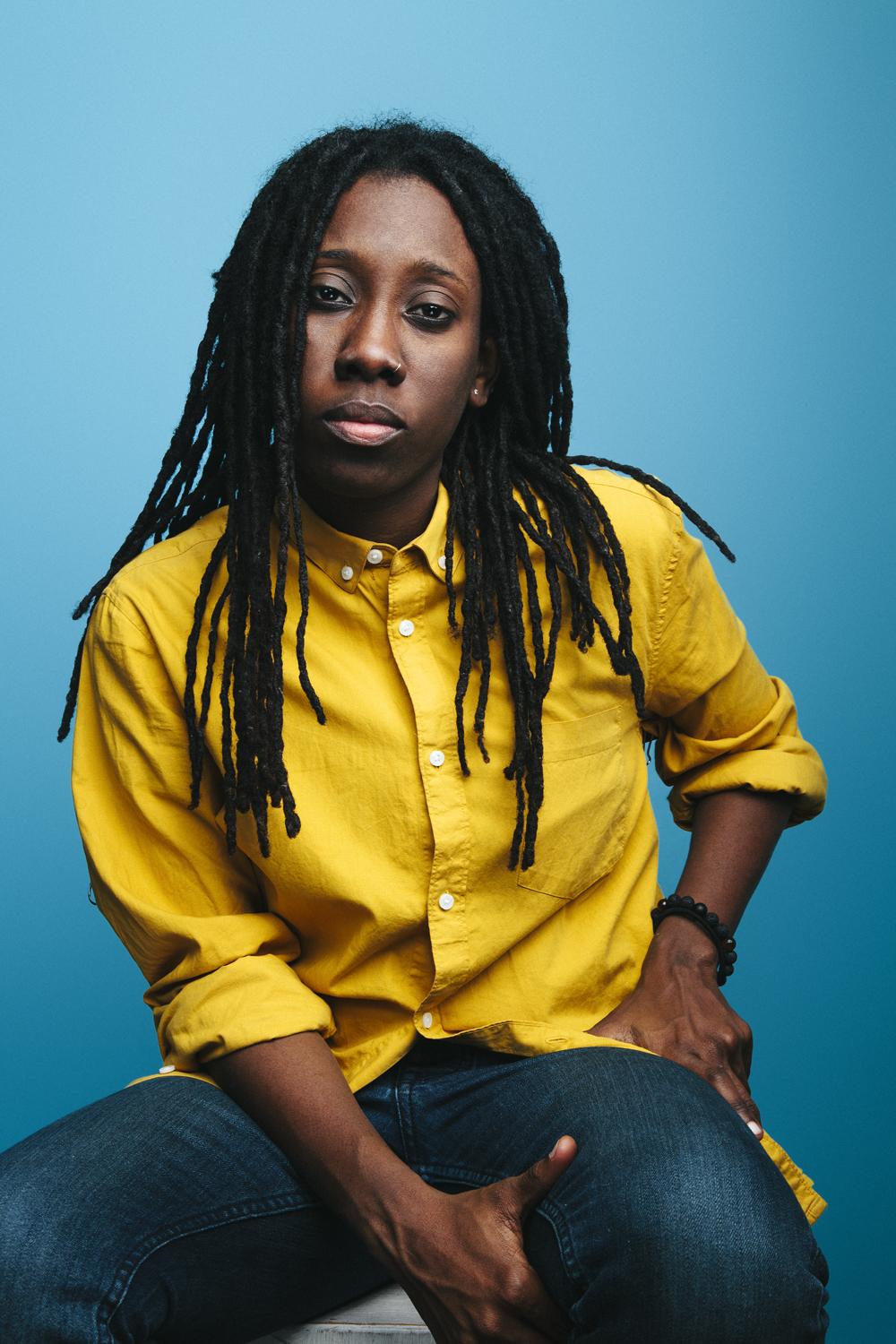
Barbados criminalises same sex activity, which leads to high levels of homophobia, biphobia and transphobia, largely rooted in structures of patriarchy and religion. The religious views which often lead to discrimination of the Barbadian LGBT+ community are part of the British colonial legacy, and manifest in LGBT+ homelessness, workplace discrimination and large parts of the community leaving the country in order to live and work in more accepting and inclusive societies. It also leads to a type of “brain drain”, whereby educated Barbadian LGBT+ people leave Barbados in search of more accepting societies.
The Commonwealth heads of government meeting is an important opportunity to be able to share the Barbadian LGBT+ perspective, both with other Commonwealth countries within the region, but also the world. I'm really hoping to share ideas, learn from my peers, and integrate international perspectives into my work and activism.
Our culture in Barbados is a unique combination of west African and British influence, and so our histories are inextricably interlinked. The British High Commission has been supportive in our activism, funding an awareness video campaign to help create understanding within Barbados as to the discrimination and prejudice faced by the community. I really hope that Barbados will seize the opportunity laid out by British prime minister Theresa May, and accept the offer of the British government to support the repeal of laws which discriminate against LGBT+ people – this would be an enormous positive change for our community.
Gift Trapence, Malawi
Executive director of the Centre for Development of People (CEDEP) in Malawi, LGBT+ rights advocate and member of The Commonwealth Equality Network (TCEN)
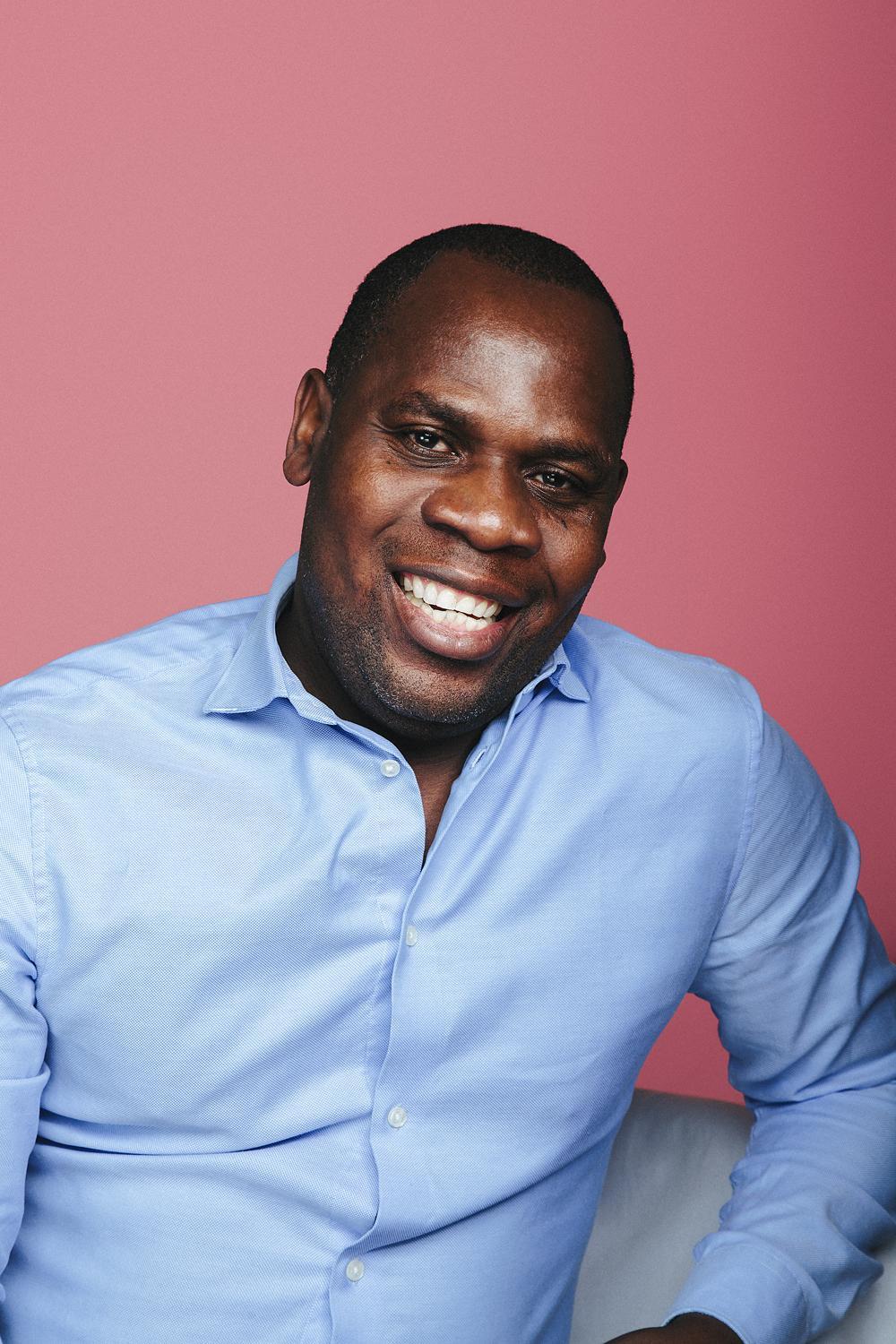
In Malawi, homosexuality is still criminalised under Sections 153 and 156, 137A of the penal code. Though Malawi has made some progress on the protection of human rights of other groups, LGBT+ people remain on the margins when it comes to access to justice and protection. In many cases victims of these crimes are afraid to report to police and other law enforcement agencies due to negative attitudes and prejudice. The failure to report, and often failure by police and law enforcement agencies to investigate and prosecute such cases, creates a culture of impunity, leading to further crimes and creating a cycle of violence.
Though the British government moved to repeal the sodomy laws, the Malawian government is still non-committal on the issue. It is our hope that the British government, along with other countries, will continue pushing for the repeal of the sodomy laws in the Commonwealth and make sure that all citizens of the member countries have equal opportunities and equal protection before the law.
Joleen Mataele, Tonga
Transgender woman, singer and entertainer, activist for LGBT+ rights from Tonga, Pacific Island representative on the International Gay and Lesbian Association (ILGA), executive board and chairperson of the South Pacific MSM (Men Who Have Sex with Men) Network Group, co-founder of the Pacific Sexual Diversity Network and member of The Commonwealth Equality Network (TCEN)
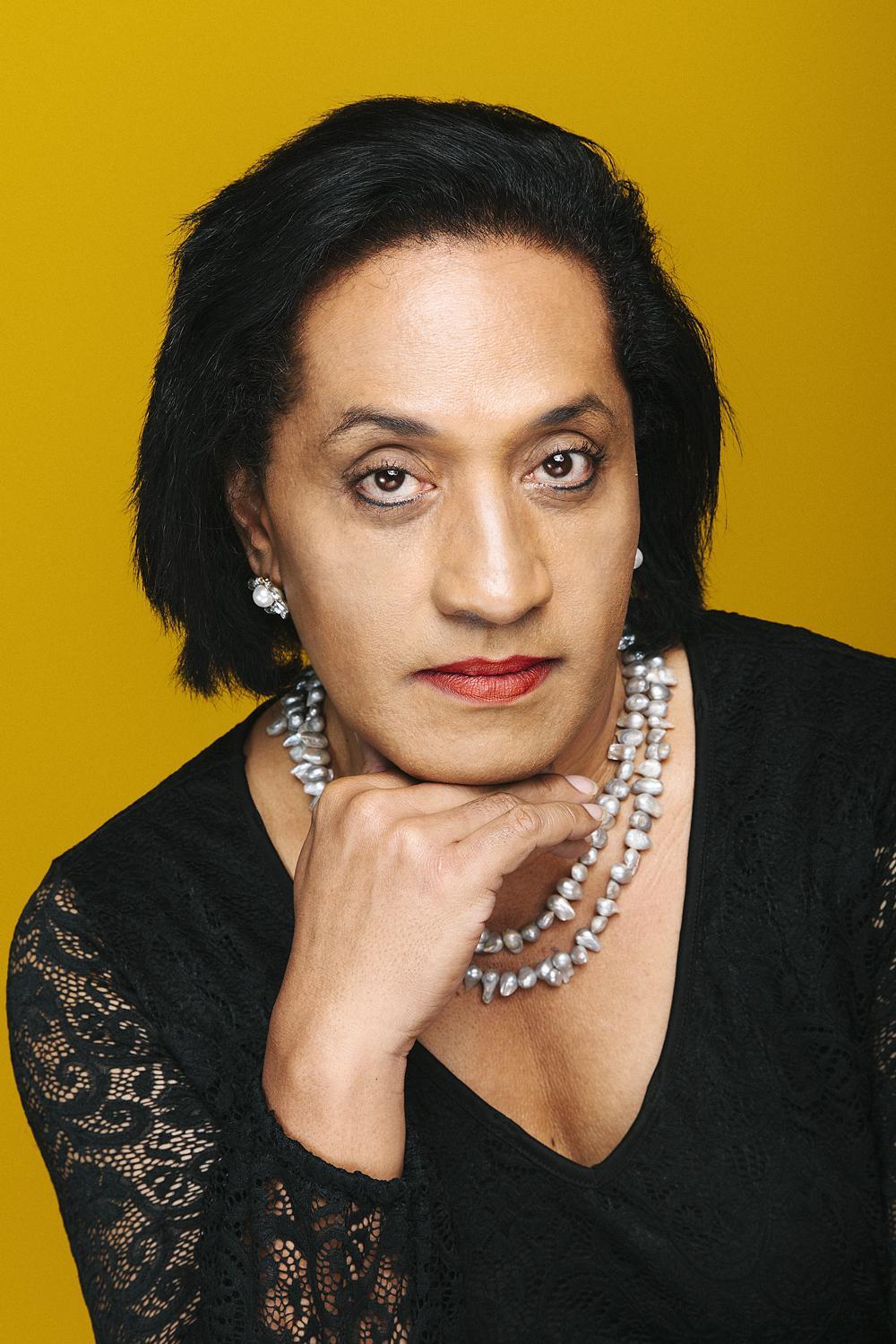
The Tonga Leitis Association and the LGBT+ community of Tonga are still facing social stigma and discrimination because of their sexual orientation, gender identity, and sexual characteristics. This discrimination is in part reinforced by the new Evangelical churches in Tonga that are funded by the United States. We would like Britain to help us to change our laws so we can decriminalise homosexuality, but as a small Pacific country, we need financial and technical resources to be able to do this on a national level.
For this year's CHOGM we'd like to encourage our prime minister that it's time to make Tonga a place where we can all live in peace and be comfortable no matter our sexual orientation or who we love.
Caleb Orozco, Belize
LGBT+ activist in Belize, chief litigant in the successful case challenging anti-sodomy laws of Belize, the co-founder of the only LGBT advocacy group in the country and member of The Commonwealth Equality Network (TCEN)
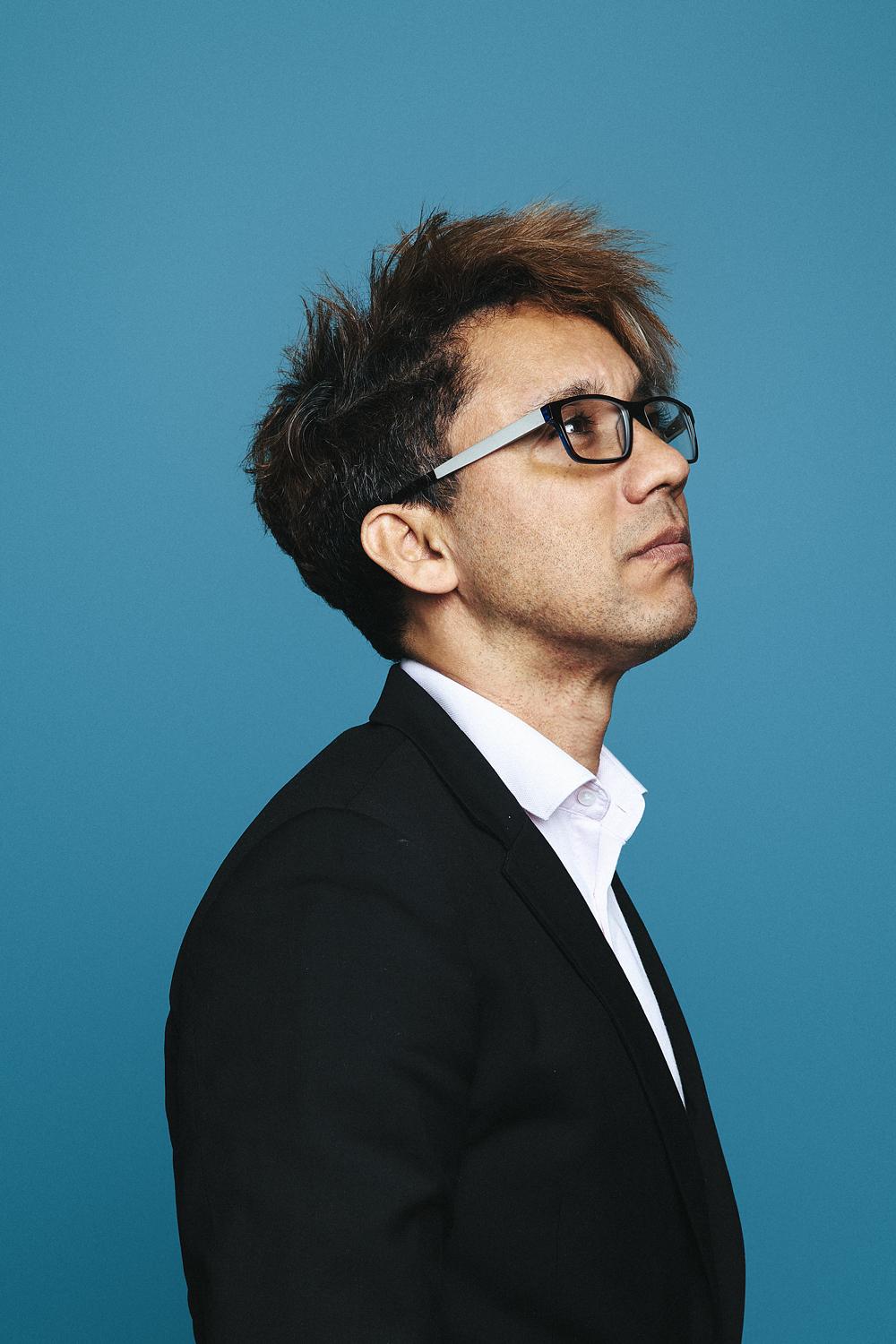
We have an opportunity to place the human rights of LGBT+ Commonwealth citizens on the agenda of political leaders. CHOGM is a space to advance national understanding about the place of LGBT+ issues in Belize and to profile Belize not only for its progress, but lessons learnt about how a government can arbitrate an issue with opposing views.
Telling Belize’s story has its place in CHOGM because it allows Commonwealth leaders to draw lessons that the sky need not fall after a court decision and that the will of the majority cannot undermine the rights of a minority base on individual morality.
Pang Khee Teik, Malaysia
LGBT+ activist in Malaysia, co-founder of Seksualiti Merdeka (annual sexuality rights festival) held in Kuala Lumpur and member of The Commonwealth Equality Network (TCEN)
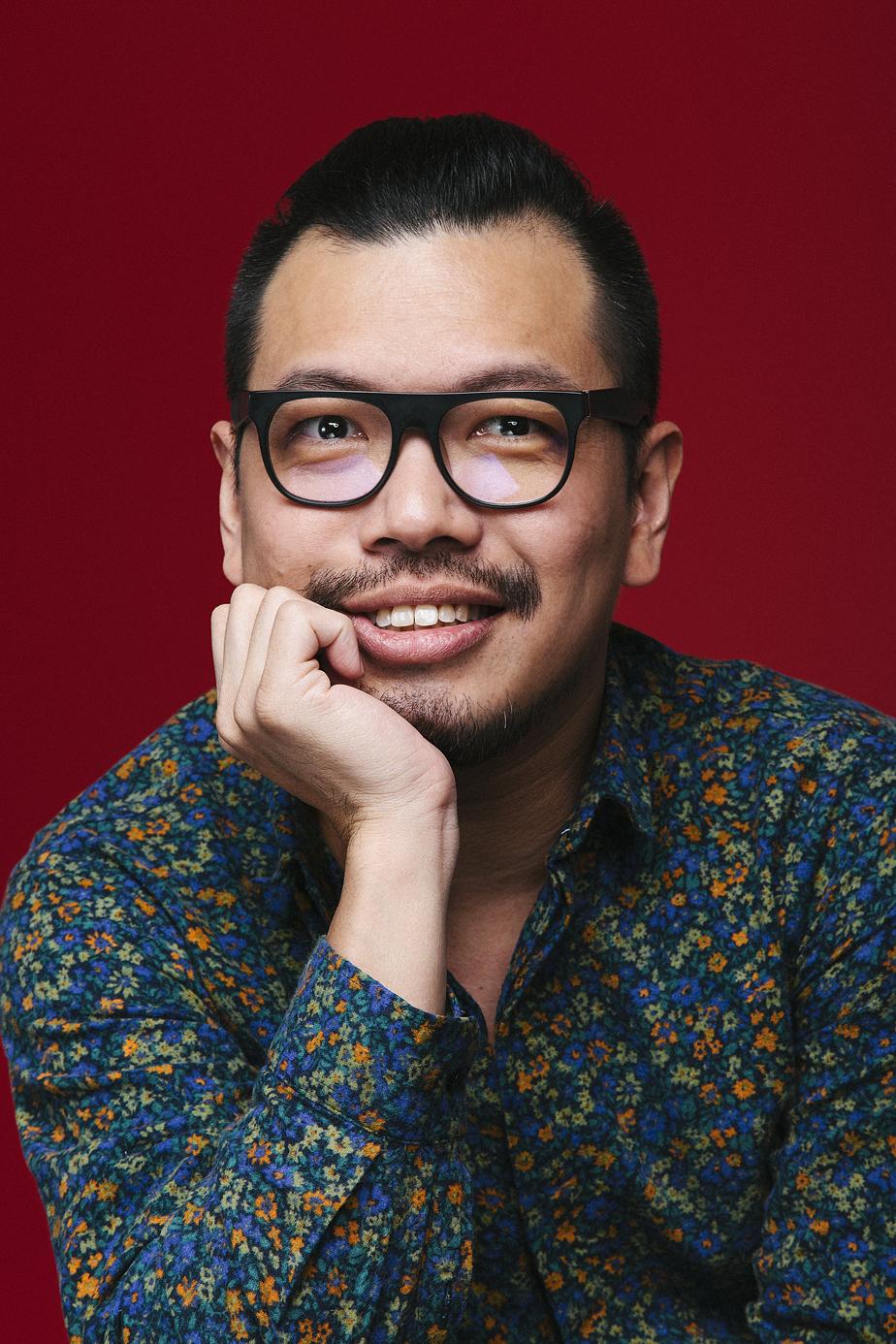
In Malaysia, the right to dissent is under threat. Faced with civil laws against consensual anal sex and oral sex, and Sharia laws against homosexuality, lesbianism and cross-dressing, as well as a host of laws preventing freedom of assembly, association, and expression, LGBT+ people in Malaysia are pushed further into the closet.
These laws have largely curbed the abilities of citizens to participate in politics and contribute to change, particularly those of us working on issues affecting marginalised communities such as LGBT+ people, refugees, indigenous populations, the poor, as well as women and children. We're told: “Stay in the closet, don't need be too loud, don't fight for rights, be grateful you're tolerated.”
So for now our work is to create platforms to empower the voices of LGBT+ Malaysians, to offer our narratives, our views, our histories, and our dreams of the future.
At CHOGM, I'm hoping to show solidarity to my fellow activists and find solidarity from others for our issues. As far as I am concerned, the activists, community leaders and thinkers I am meeting at CHOGM are the real heads of the Commonwealth. They offer the wisdom and voices of the people. This is why I see the Commonwealth as a platform for mutual learning; no leaders, just people learning from each other how to build a better future. This way, activists may offer solidarity, inspiration and lessons for each other across our borders. And leaders may respond and recognise the need to engage with civil society, not just pick and choose who has the louder voice, or who can keep them in power.
Fabianna Bonne, Seychelles
LGBT+ rights activist from Seychelles, co-founder and chairperson of LGBTI Sey (the only NGO advocating for sexual orientation and gender identity issues) in Seychelles and member of The Commonwealth Equality Network (TCEN)
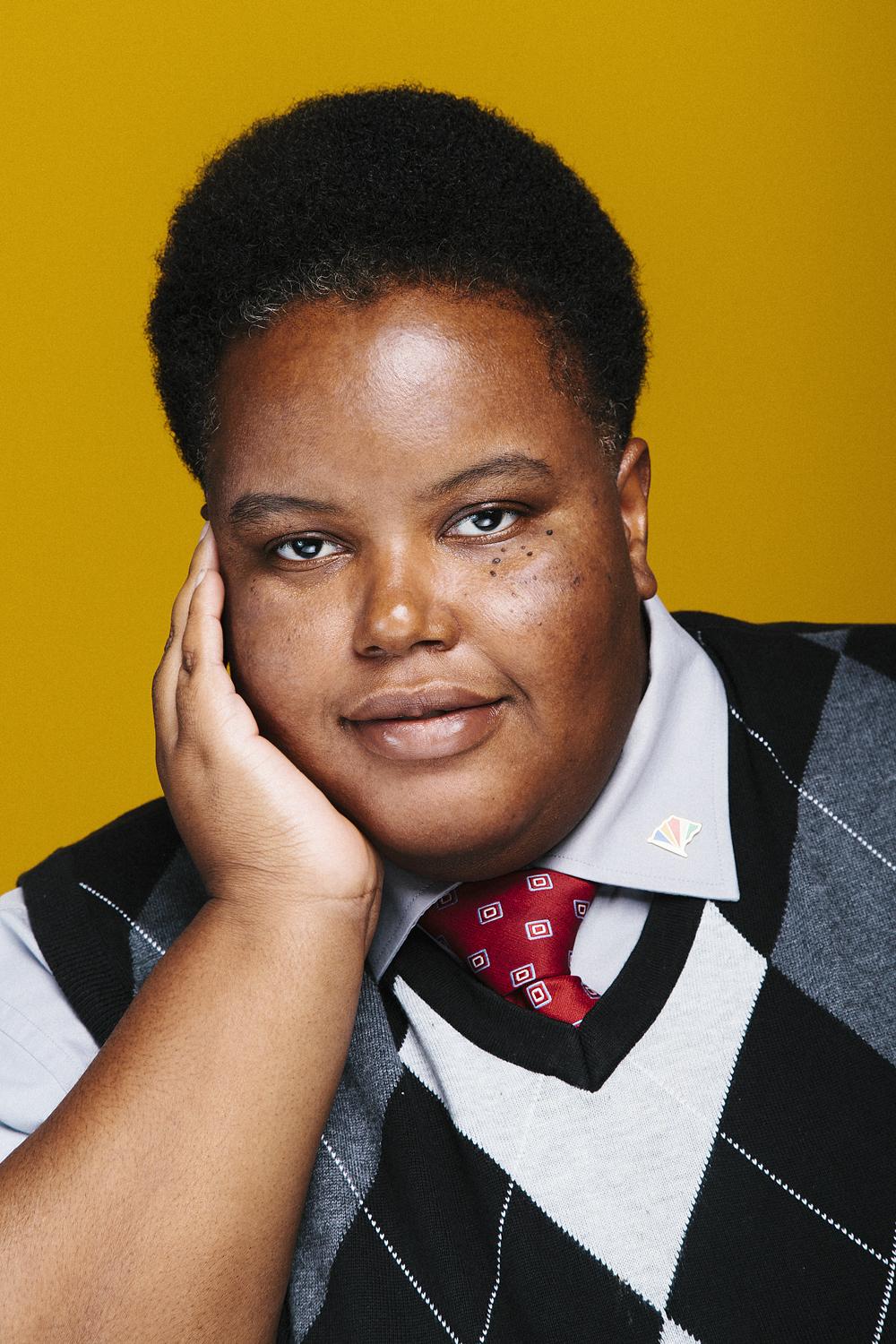
After tireless campaigning, decriminalisation of same sex activity was achieved in the Seychelles in 2016. As such, our priorities now lie in embedding LGBT+ inclusion into policies and ensuring legal rights for our community such as allowing LGBT+ people to adopt and be included in family inheritance. We also spend a lot of our time educating the general population so as to reduce stigma and promote understanding and respect, to ensure the inclusion and welfare of LGBT+ people in Seychellois society.
I'm attending the Youth Forum at CHOGM as I believe that this generation of activists and policymakers are more understanding and supportive of LGBT+ rights than previous generations. As a young person myself, I feel it is important to include the perspective of my community within larger policy decisions that we are implicated in as this will eventually filter down to youth-targeted projects implemented in my country. From young people's health, to youth engagement in elections and youth unemployment – LGBT+ voices must be represented and understood.
We're lucky to have a strong supporter and ally in the British High Commission in the Seychelles, who have previously funded the work of LGBTI Sey. Personally I have benefited from the Chevening Scholarship which has allowed me to study human rights in the UK at the University of Essex. This has been invaluable to my work as an activist.
Jaz Dawson, Australia
Director of Kaleidoscope Human Rights Foundation in Australia, member of The Commonwealth Equality Network (TCEN) and PhD student specializing in queer refugee law and international relations theory through a research fellowship at Carleton University in Ottawa, Canada
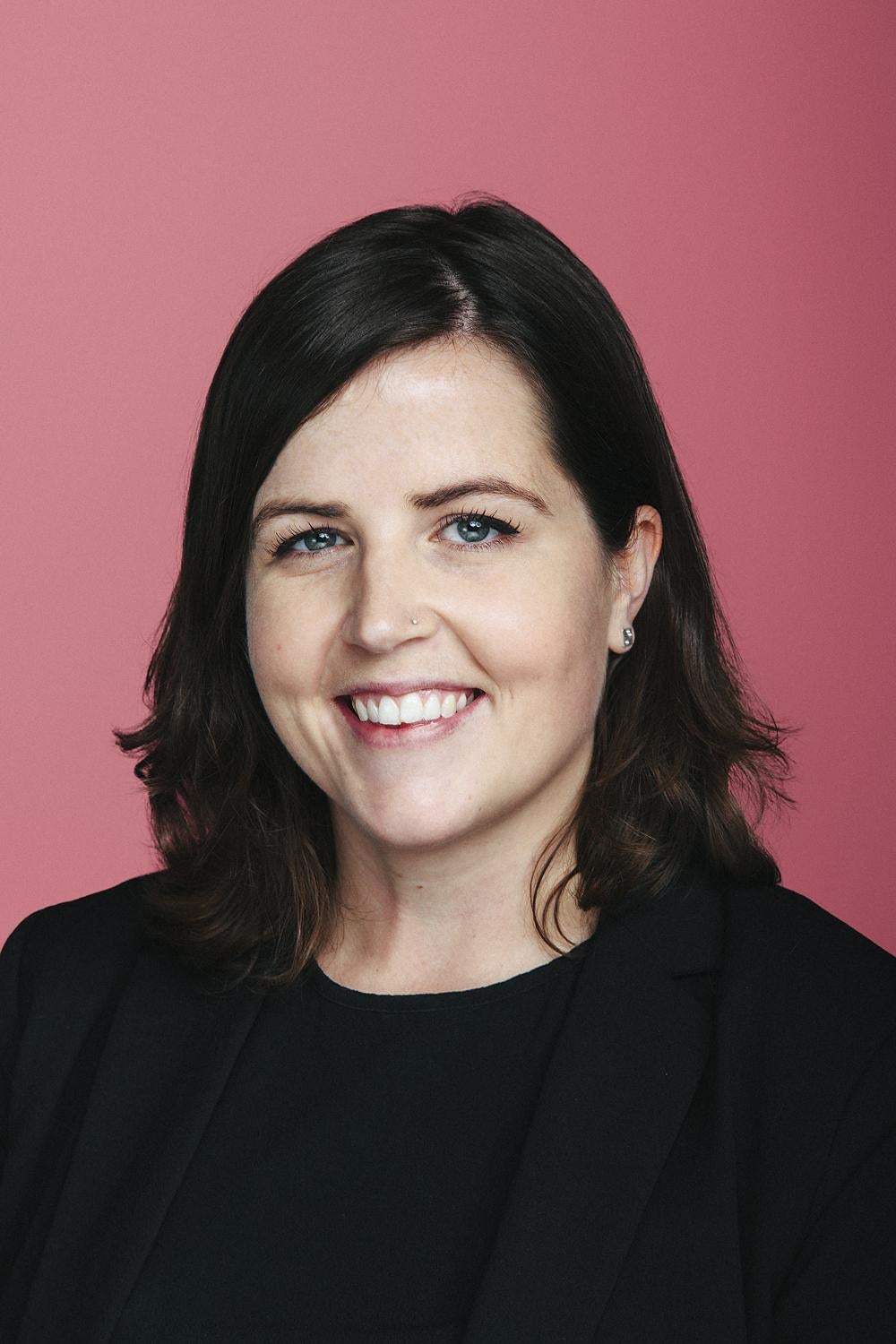
While Australia decriminalised same sex acts just over 20 years ago, we still have significant work to do on recognising and protecting LGBT+ rights and freedoms. We have laws and policies on the books that discriminate. For example, “gay panic” laws in South Australia continue to allow for partial defence of murder on sexual orientation grounds, and our government continues to mistreat LGBT+ refugees both on and offshore by failing to implement a human rights approach to assessing and processing these claims.
While both Australia and the UK continue to improve protections and policies relating to LGBT+ people, I hope each country continues to draw upon and learn from the successes and failures in seeking equality. In particular, both countries could focus more on ensuring the rights of LGBT+ migrants and refugees, and those with temporary status in a country.
Join our commenting forum
Join thought-provoking conversations, follow other Independent readers and see their replies
Comments